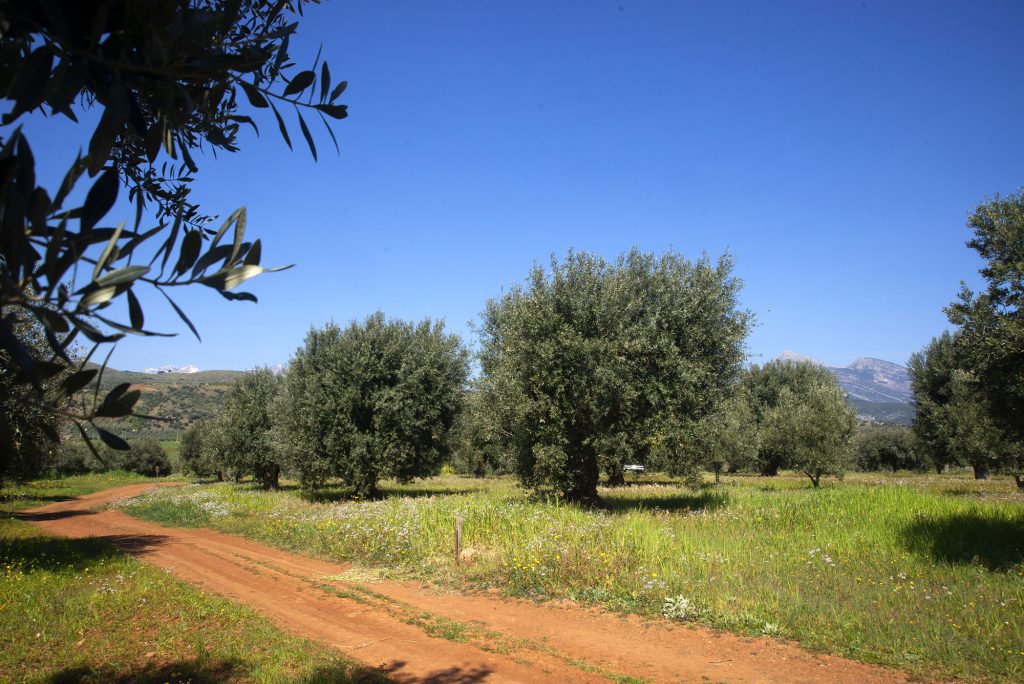Organic cultivation

Modernization and cultural development have led to the diffusion of knowledge in a global way, which on the one hand is useful and on the other may seem like the fashion of the moment, associating all this with the crisis experienced global economy, which by reducing the consumer’s spending capacity in a general way, also has repercussions on food spending: today we spend less on food, tending to purchase what is necessary, what is actually consumed, and, perhaps, we tend to purchase products of possibly certified quality. The most popular certified products are those with the BIO brand, produced according to the rules of organic farming and certified after passing the usual analyses.

Producing organically is not always easy, it depends on the crop and surrounding conditions, but producing organically is above all beneficial for both the environment and human health. Regarding the cultivation of the olive tree, which is highly widespread in Europe, this appears to be a crop predisposed to cultivation according to organic rules, in fact, the only real problem is linked to the defense of the plants, as the non-use of chemicals does not ensure the coverage for a long period, but in this the climate, the orography of the territory and the disposition of man collaborate in making this cultivation methodology feasible.

Production
The production, or rather, the breeding of the olive tree in Europe has very ancient roots, its diffusion began with the history of Magna Graecia, in fact, traces can also be found in the writings of Pliny the Elder; and in the time that has passed up to the present day everything has been enriched not only with plants, but also with knowledge and culture, which have modernized the way of doing and experiencing olive growing.
Methods
This asset includes the way of producing following the indications of organic methods, which are not only the non-use of chemistry, but are linked to producing in a healthy and alternative way to chemistry.
Products
The aim is to obtain a product processed according to non-polluting production methods and marketable with the use of a European brand that qualifies and distinguishes it.
Certifications
Ultimately, it is better for the European producer to produce and certify the product as organic because it is safe for sale, while for the consumer it is better to buy organic to be certain of food safety.